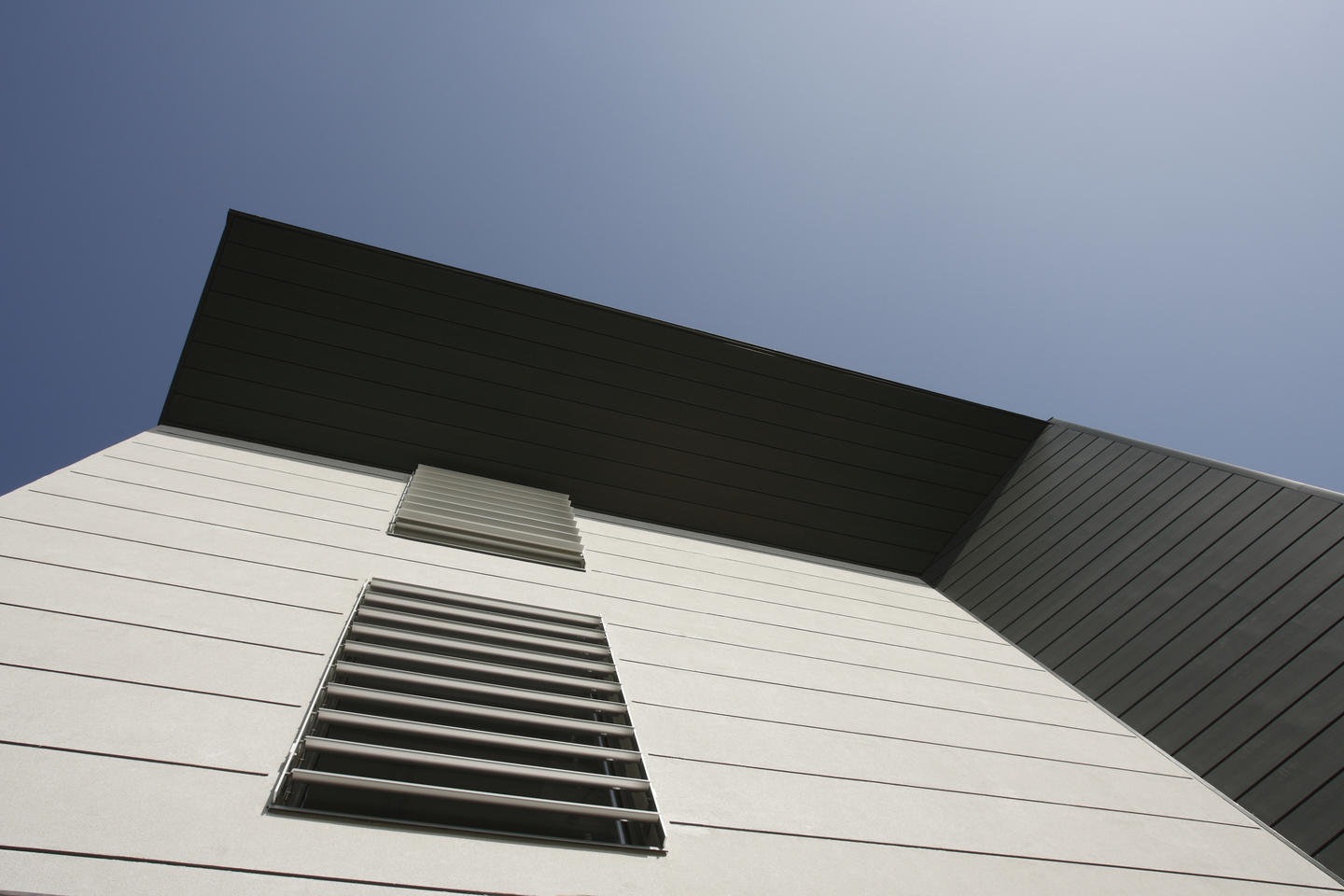Increasing energy efficiency and the share of renewable energy in the energy mix is an effective way of making our energy supply more environmentally friendly and our energy sources more diverse. Under the EEA Grants, €135 million has set been aside in eight countries for increasing energy efficiency and the share of renewable energy in energy use, in line with the Europe 2020 targets.
Renewable energy comes in many forms. While Norway is big on hydroelectric energy, Iceland is big on geothermal energy. According to the National Energy Authority of Iceland, geothermal energy sources account for 66 per cent of Iceland’s primary energy use. Geothermal energy is a form of heat accessible from below the Earth’s surface.
Sharing expertise
Funded by the EEA Grants, Hungary, Portugal and Romania will work together with the National Energy Authority of Iceland to develop and exploit the potential of geothermal energy.
With its expertise of securing long-term sustainable use of geothermal resources, the National Energy Authority will as a Donor Programme Partner offer assistance in creating, implementing and monitoring a geothermal resource management plans in these three beneficiary states . This cooperation aims at securing long term sustainable yield of the geothermal resource.
Geothermal energy on the agenda in Reykjavik
From March 5 to 8 300 participants from 24 countries are gathering in Reykjavik for the Iceland Geothermal Conference 2013. One of the sessions is on “Geothermal programmes under EEA Grants and cooperation within Europe” with panel participants from the three beneficiary states involved in geothermal projects and programmes. The EU Commissioner for Energy, Günther Oettinger, and Iceland’s president Ólafur Ragnar Grímsson are among the high-level speakers.
Read more about how Iceland, Liechtenstein and Norway support programmes to increase share of renewable energy and energy efficiency in Bulgaria, Greece, Hungary, Latvia, Malta, Poland, Portugal and Romania here.
Read about a geothermal energy project in Hungary funded by EEA Grants in the period 2004-2009 here.
